Fact Check: Do terrorists exploit the US green card lottery?
The US visa programme that has sparked Donald Trump’s ire
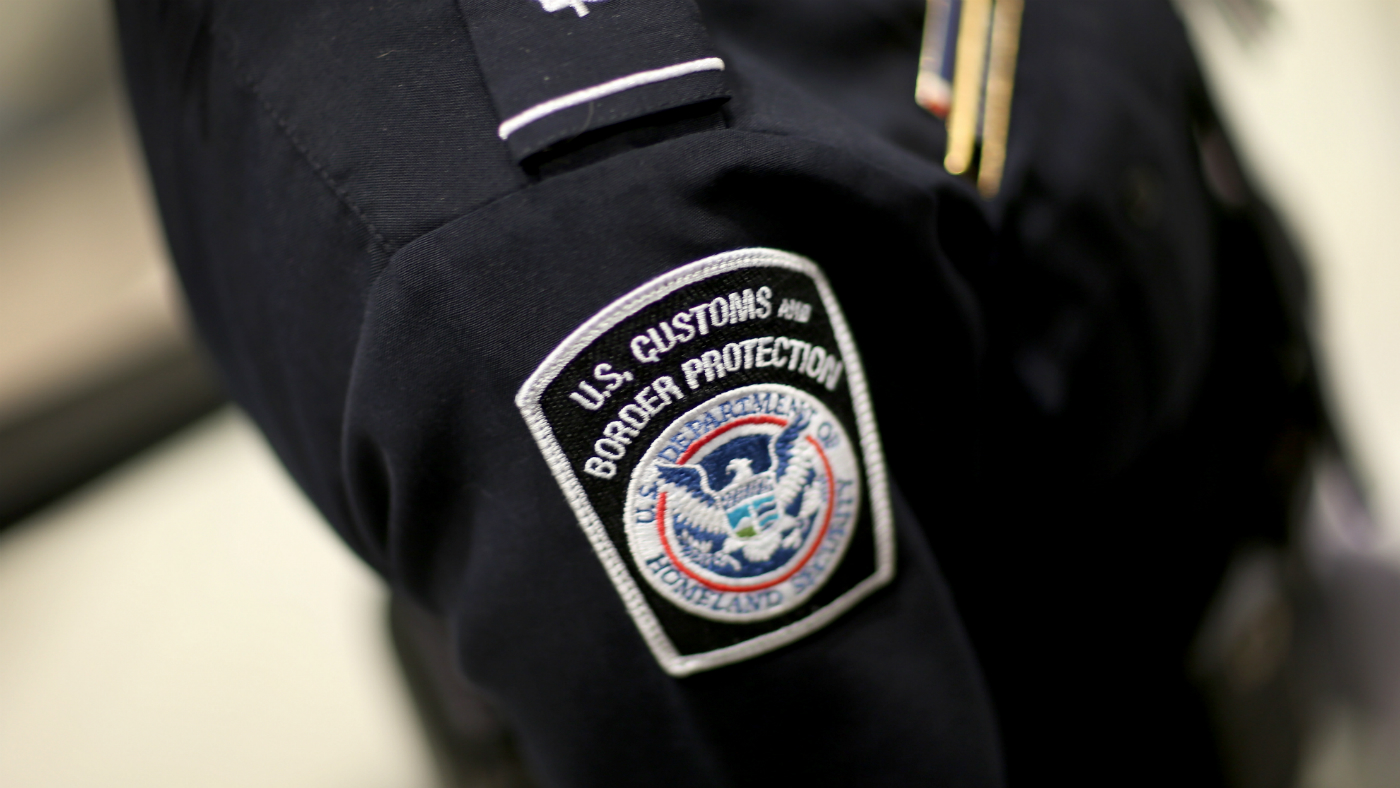
A free daily email with the biggest news stories of the day – and the best features from TheWeek.com
You are now subscribed
Your newsletter sign-up was successful
US President Donald Trump has urged Congress to scrap the so-called green card lottery after it emerged that the New York truck attack suspect used the system to enter the country.
Uzbek national Sayfullo Saipov - charged with killing eight people after mowing down cyclists in Lower Manhattan last week - arrived in the US in 2010 under the Diversity Visa Lottery programme.
Less than 24 hours after the attack, Trump called for the scheme to be replaced with a “merit-based” system. But is there any evidence that terrorists are taking advantage of the visa lottery?
The Week
Escape your echo chamber. Get the facts behind the news, plus analysis from multiple perspectives.

Sign up for The Week's Free Newsletters
From our morning news briefing to a weekly Good News Newsletter, get the best of The Week delivered directly to your inbox.
From our morning news briefing to a weekly Good News Newsletter, get the best of The Week delivered directly to your inbox.
What is the green card lottery?
Introduced in the early 1990s, the federal programme allows applicants from countries with low immigration rates to enter the US.
Those wishing to apply must have a high-school education as a minimum but, unlike other visas, no family or employment links to the US are required. Winners are selected at random by the State Department and undergo extensive background checks before they are granted a green card.
“It is indeed a little like hitting a lottery,” says The New York Times. “Some years, the programme has attracted nearly 15 million applications, but no more than 50,000 visas may be awarded [annually].”
A free daily email with the biggest news stories of the day – and the best features from TheWeek.com
During the month-long application period, the lottery creates a “craze in countries where it is regarded as a ticket out of poverty and to the American dream”, the newspaper adds.
According to the latest US government figures, more than 40% of all green card winners come from Africa.
What did Trump say?
The president told White House reporters last week that he was “starting the process of terminating the diversity lottery programme”, adding: “It sounds nice. It’s not nice. It’s not good.”
In a series of tweets, Trump blamed Democrats and Senate Minority Leader Chuck Schumer for the scheme, which he vowed to replace with a merit-based immigration system.
How did the press respond?
The Washington Post argues that the lottery is “imperfect and susceptible to abuse”, but contends that the programme is still a “powerful tool of public diplomacy”.
Writing in the conservative National Review magazine, Mark Krikorian disagrees, claiming the “cockamamie” visa scheme “admits a disproportionate share of immigrants from terrorist breeding grounds”.
Meanwhile, a USA Today editorial suggests that Trump is “perhaps unaware” that the programme was part of a major bipartisan law signed by former Republican President George H.W. Bush.
What are the facts?
A US Government Accountability Office review of the system in 2007 found no evidence that immigrants who came through it posed a threat of terrorism, Time magazine reports.
In 2011, the Congressional Research Service looked into the programme again, “but found no additional evidence that it led to terrorism”, the magazine says.
Critics of the lottery point to the case of Hesham Mohamed Ali Hedayet, an Egyptian immigrant who obtained a green card as the husband of a lottery winner. In 2002, the 41-year-old shot dead two people at Los Angeles International Airport in what authorities described as a terrorist attack.
A handful of other green card winners have been convicted of planning attacks or of supporting a terrorist organisation.
But these cases need to be put into context, argues Alex Nowrasteh, an immigration policy analyst at the libertarian Cato Institute.
“Hedayet is the only deadly terrorist who had a diversity visa at some point in his immigration history,” Nowrasteh argues. “He murdered two people, or about 0.07% of all those killed by a foreign-born terrorist in an attack on US soil from 1975 to Halloween 2017.”
The lottery is not an efficient way for terrorists to enter the county, with the chances of winning between 200-to-1 and 400-to-1, reports US fact-checking site Politifact.
Because visas are allocated at random, “it is hard to see how the system could be easily manipulated by those who want to do harm to the US”, says Kevin Johnson, an immigration law expert and dean of the University of California-Davis School of Law.
In the case of the suspected New York jihadist, authorities say the evidence suggests Saipov was radicalised online after arriving in the US.
“He obviously did not plan a simple attack like this over the last seven-plus years,” says Alex Nowrasteh. “Better vetting won’t stop somebody who decides to become a terrorist years after he arrived.”
Albert Ford, a programme associate at the New America think tank, argues that domestic terrorism poses a much greater threat to the US.
The terrorist threat “is almost entirely home-grown, as no foreign terrorist organisation has successfully directed and orchestrated an attack in the US since 9/11”, he told Politifact in August.
Who is right?
There is scant evidence that terrorists are taking advantage of the green card lottery to enter the US, so it appears scrapping the programme would do little to reduce the terror threat.
-
 El Paso airspace closure tied to FAA-Pentagon standoff
El Paso airspace closure tied to FAA-Pentagon standoffSpeed Read The closure in the Texas border city stemmed from disagreements between the Federal Aviation Administration and Pentagon officials over drone-related tests
-
 Political cartoons for February 12
Political cartoons for February 12Cartoons Thursday's political cartoons include a Pam Bondi performance, Ghislaine Maxwell on tour, and ICE detention facilities
-
 Arcadia: Tom Stoppard’s ‘masterpiece’ makes a ‘triumphant’ return
Arcadia: Tom Stoppard’s ‘masterpiece’ makes a ‘triumphant’ returnThe Week Recommends Carrie Cracknell’s revival at the Old Vic ‘grips like a thriller’
-
 Fact check: are US migrant detention centres really concentration camps?
Fact check: are US migrant detention centres really concentration camps?In Depth Congresswoman Alexandria Ocasio-Cortez stands by her controversial claim
-
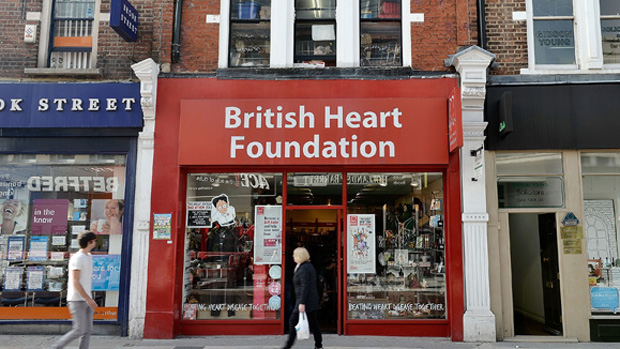 Fact check: how do charities spend your money?
Fact check: how do charities spend your money?In Depth The Week investigates what percentage of donations goes directly to those in need
-
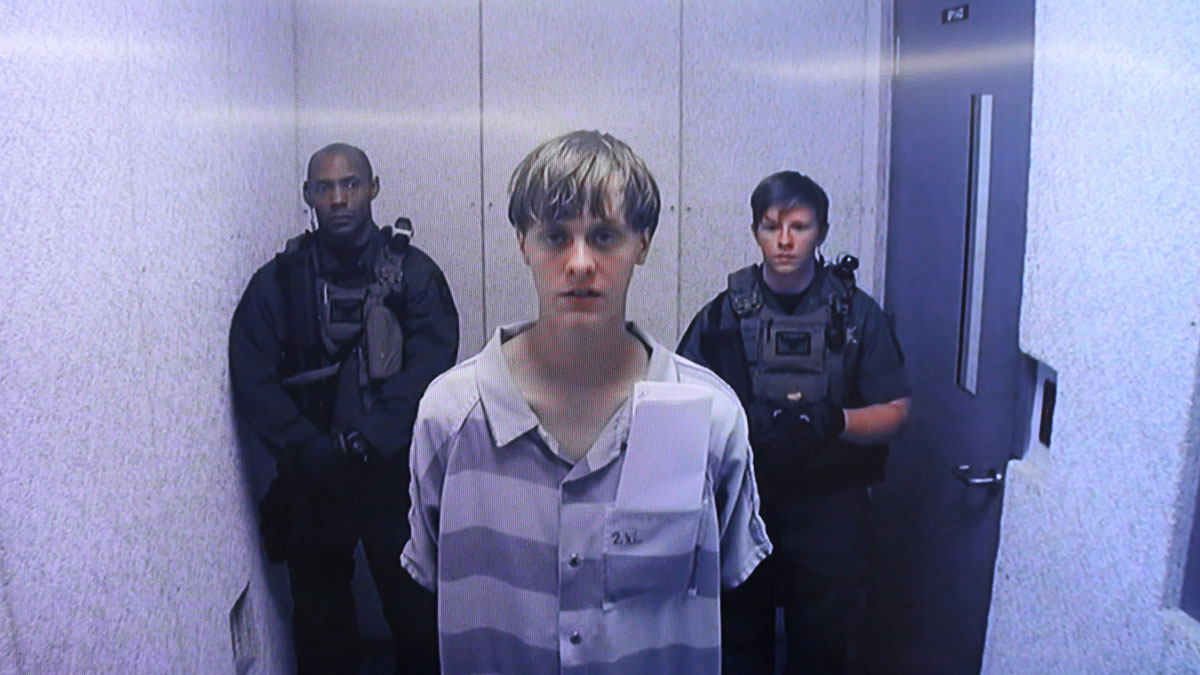 Fact Check: Are far-right groups the biggest US terror threat?
Fact Check: Are far-right groups the biggest US terror threat?In Depth In Depth: New Jersey senator claims white nationalists behind majority of attacks since 9/11
-
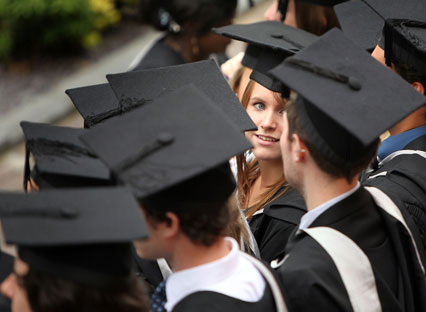 Fact Check: Did UK’s ‘better educated’ vote Remain?
Fact Check: Did UK’s ‘better educated’ vote Remain?In Depth Labour MP’s linking of education levels to pro-EU votes sparks outrage
-
 Fact Check: The truth about NHS staff shortages
Fact Check: The truth about NHS staff shortagesIn Depth Is the health service facing an unprecedented workforce crisis? The Week looks at the figures
-
 Fact Check: The truth about saturated fat
Fact Check: The truth about saturated fatIn Depth The Week checks out a controversial report that claims saturated fats do not increase heart risk
-
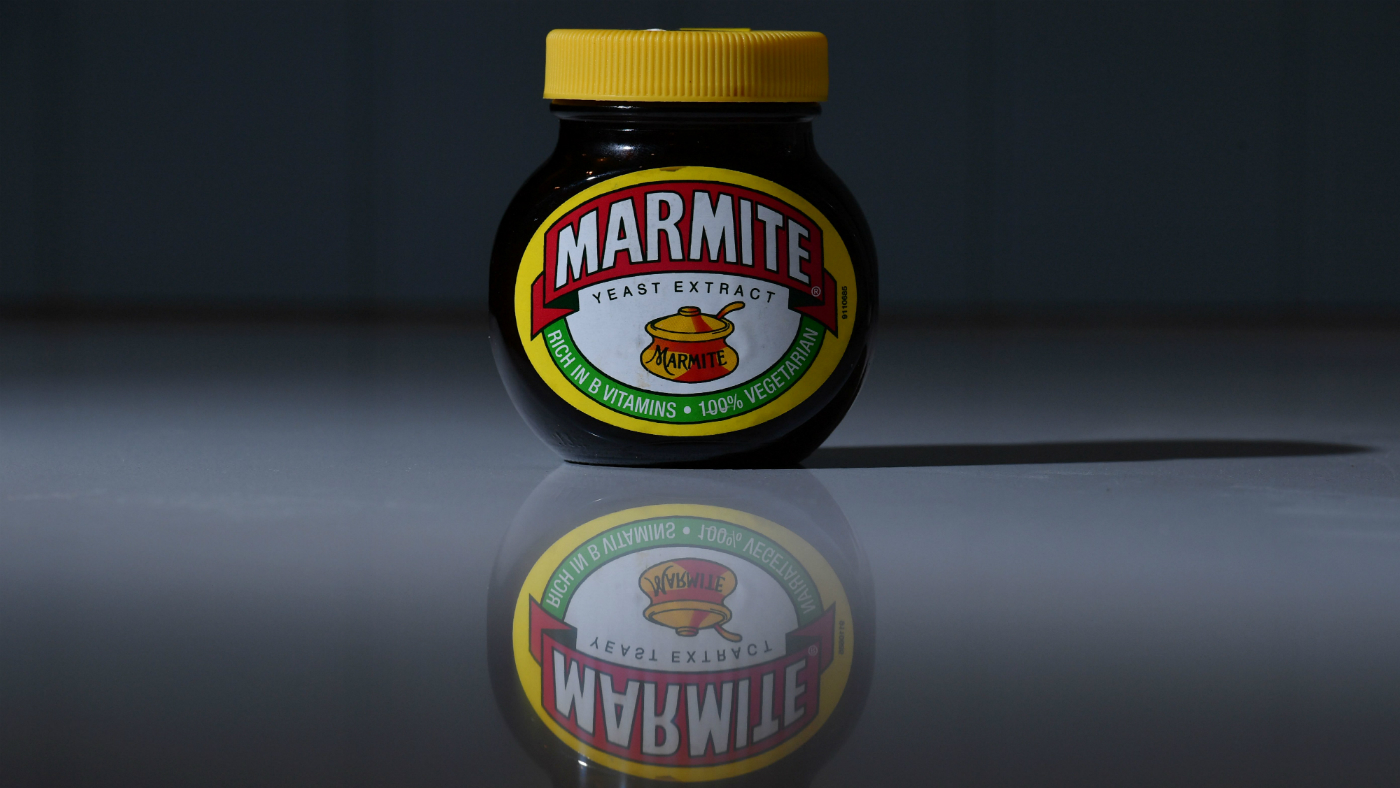 Fact Check: The truth behind Marmite's brain-boosting properties
Fact Check: The truth behind Marmite's brain-boosting propertiesIn Depth Papers say the spread could prevent dementia, but critics accuse the press of laying it on thick
-
 Fact Check: Is Easter a Christian or pagan festival?
Fact Check: Is Easter a Christian or pagan festival?In Depth Cadbury's and the National Trust have been accused of 'airbrushing faith' out of an egg hunt, but is the Church right to be so angry?